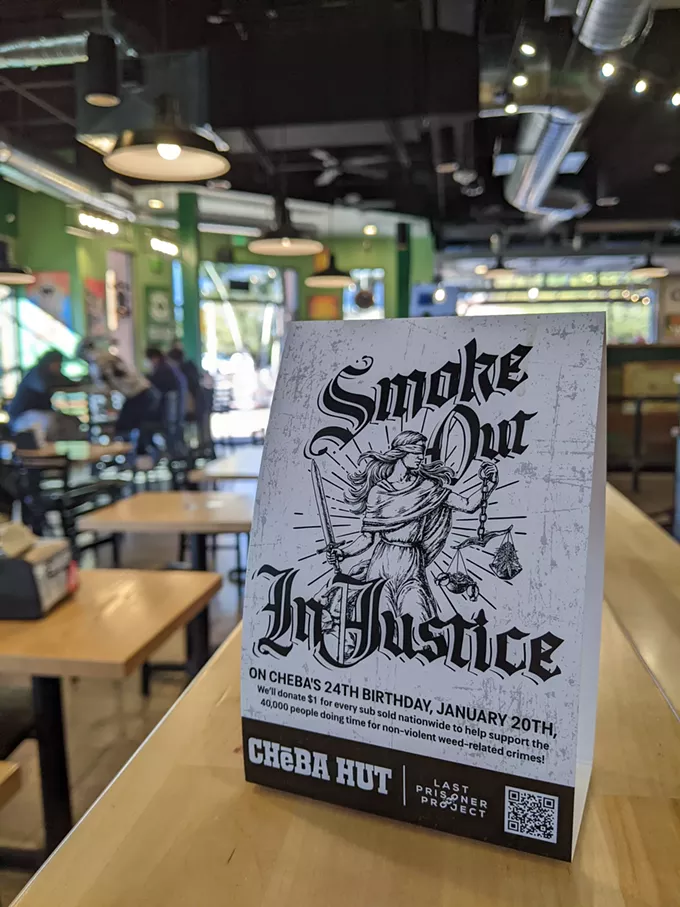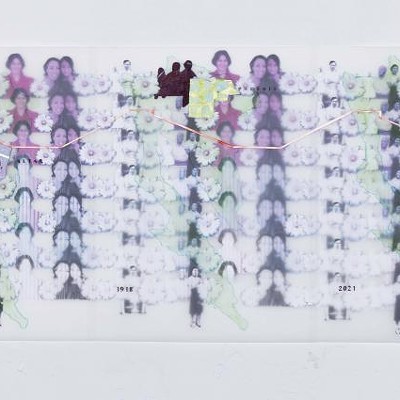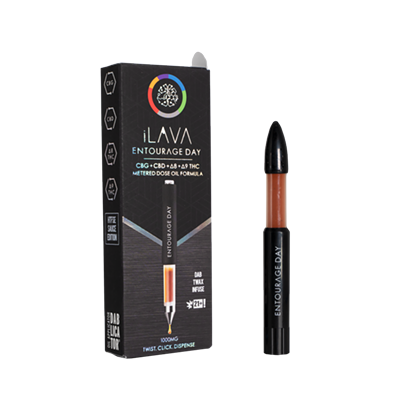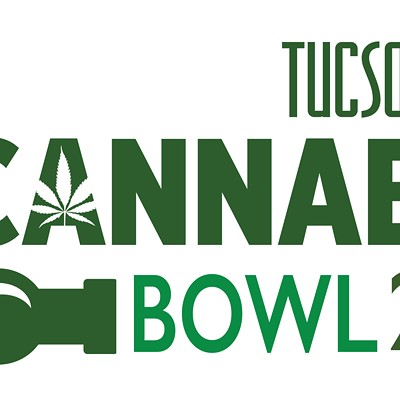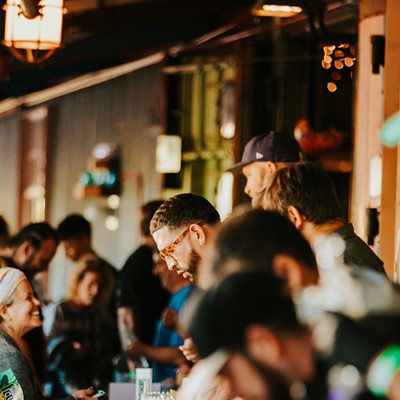Cannabis-themed sandwich franchise Cheba Hut celebrated its 24th anniversary on Jan. 20 by donating $1 of every sandwich purchase to the non-profit organization Last Prisoner Project.
Cheba Hut renamed its anniversary, “Smoke Out Injustice Day” to commemorate its new relationship with the Last Prisoner Project (LPP), an organization dedicated to cannabis criminal justice reform.
General manager Chris Bereiter of Cheba Hut’s Tucson location, 446 N. Campbell Ave., said Cheba Hut sought out the fundraising collaboration with LPP. One of the franchises’ core values is paying it forward.
“It’s helping a homie out or helping our community and this just seemed like the perfect project to get behind,” Bereiter said.
Cheba Hut plans to continue the fundraising campaign for every brand anniversary in the future. The fundraising day has the potential to raise $45,000 in one day for LPP.
“Anyone that’s doing time for a weed-related, non-violent crime, it just doesn’t seem right nowadays, especially with how far cannabis has come,” Bereiter said.
Arizona is one of 18 states where recreational use of marijuana is legal under state law, although it remains illegal under federal law. (Many other states have medical marijuana programs.) But in many states, people remain incarcerated for low-level marijuana crimes.
According to the Last Prisoner Project website, they “are committed to freeing every last prisoner of the unjust war on drugs, starting with the estimated 40,000 individuals imprisoned for
cannabis.”
LPP supports legislative actions to release non-violent cannabis offenders. They recently partnered with the National Association of Criminal Defense Lawyers for the Cannabis Justice Initiative, an initiative that supports avenues for release, expungements, and reform.
Expungements can be life-changing for people convicted of nonviolent crimes, enhancing equity and reinstituting civil rights depending on the state. States that legalized marijuana had fewer disparities but inequality between black and white marijuana arrests still existed.
This contributes to economic and civil inequality for black Americans. Nonviolent offenders are stripped of civil rights similar to violent offenders and a report from the Brennan Center for Justice showed that people who spent time in jail experience a 52% reduction in annual income.
Arizona’s Prop 207, the ballot initiative that allowed adult recreational use of cannabis, included language that allowed anyone accused or convicted of activities legalized in the proposition to petition for expungement. However, not every state that passed legalization included this language.
“We here at Cheba Hut, we are here for you and we want to help the community,” Bereiter said.

